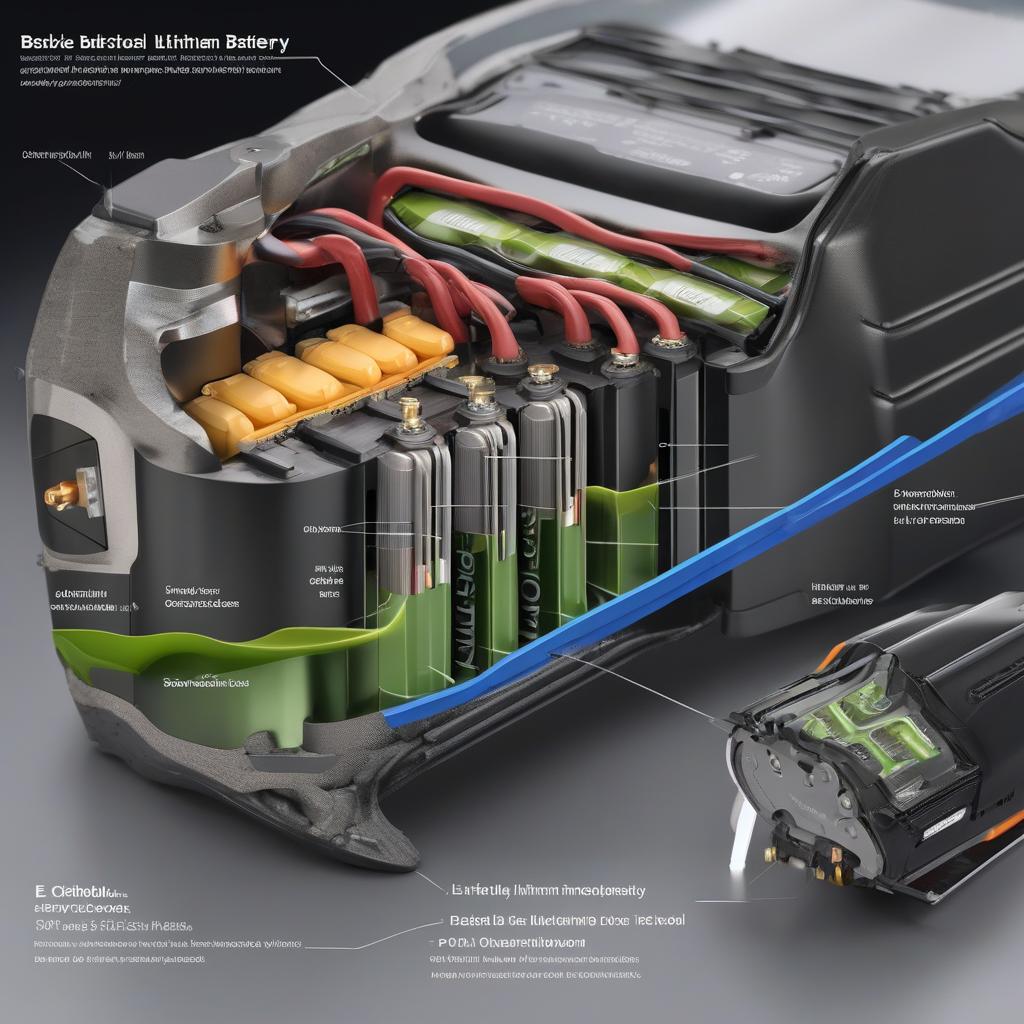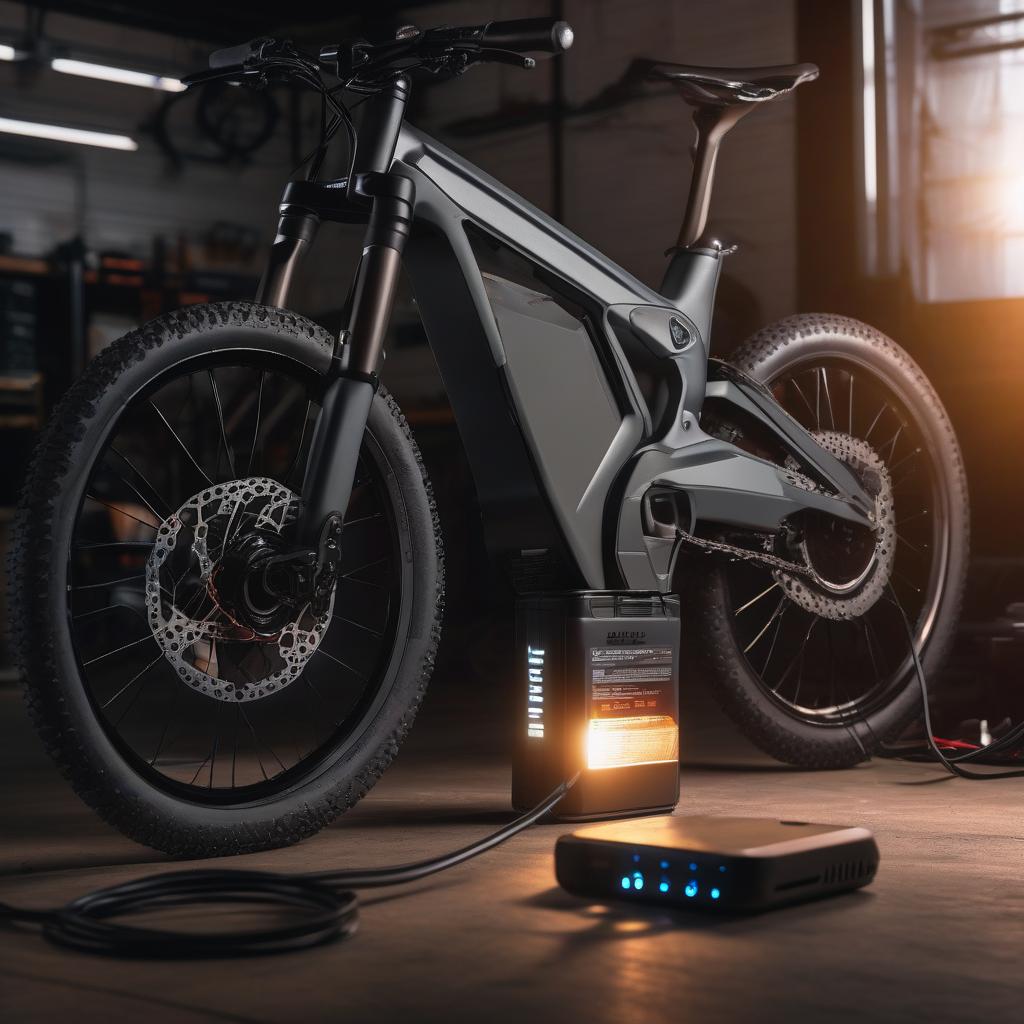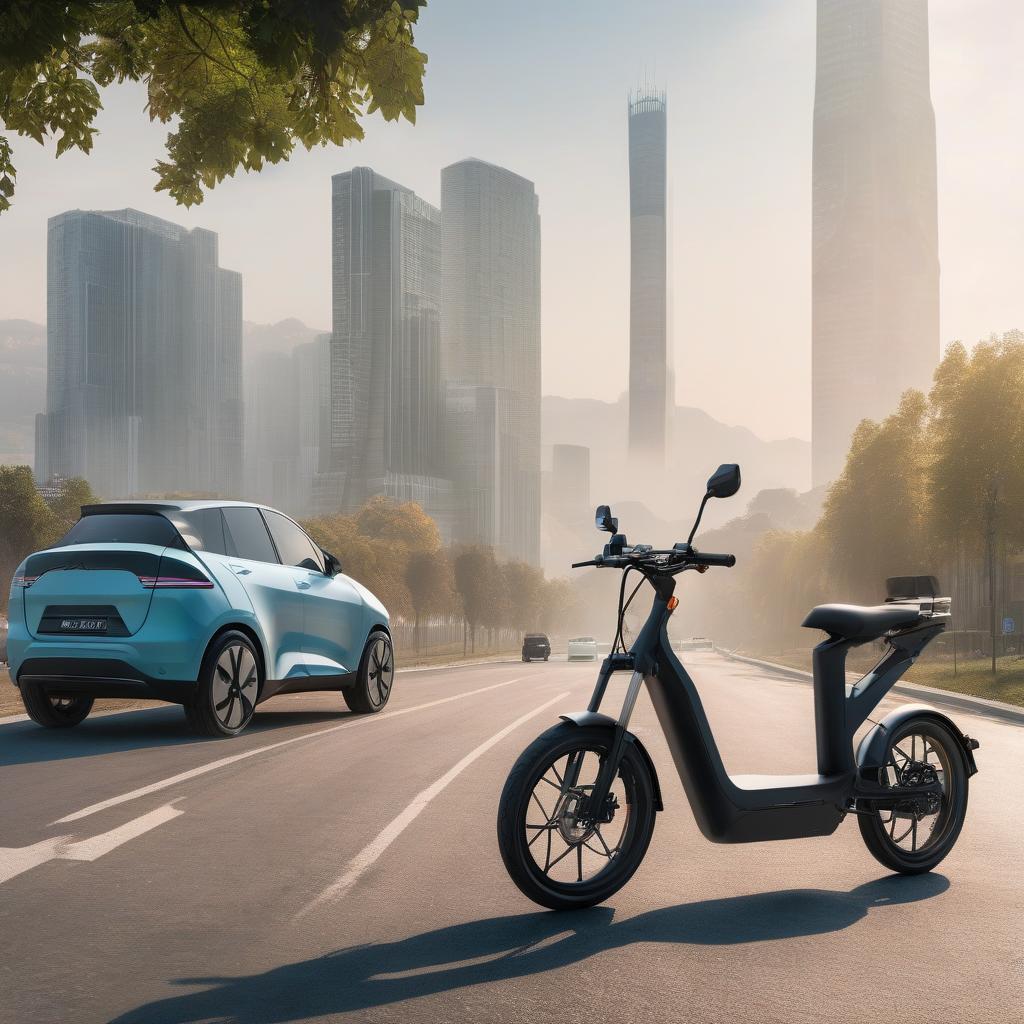Electric bikes have revolutionized how we travel—combining convenience, exercise, and environmental sustainability. At the heart of these high-tech machines are Lithium-Ion (Li-ion) batteries, prized for their unmatched efficiency, longevity, and lightweight characteristics. This guide explores the intricacies of Li-ion eBike batteries, highlighting why they are essential for powering the future of transportation.
Key Advantages of Lithium-Ion Batteries for eBikes
Li-ion batteries stand out in the eBike industry due to several transformative features:
Superior Energy Density for Optimized Performance
Li-ion batteries are synonymous with high energy density, which allows them to store ample energy without adding unnecessary weight. This characteristic ensures your eBike remains light, responsive, and capable of covering longer distances on a single charge. Whether you’re commuting to work, exploring rural trails, or running errands, these batteries provide the power you need without compromise.
Understanding Voltage and Capacity
- Voltage (V): The standard eBike Li-ion batteries range between 36V, 48V, and even 52V. Higher voltage batteries like the 52V option provide more power, enhancing your bike’s acceleration and top speed—perfect for uphill climbs and riders seeking a thrilling performance boost.
- Capacity (Ah) and Watt-hours (Wh): Capacity is expressed in Amp-hours (Ah), showing how much power the battery can supply over time. Multiply the Ah by the voltage to find the Watt-hours (Wh), which indicates total energy capacity. For example, a 10Ah battery at 52V equates to 520Wh, translating into extended riding range compared to lower voltage batteries, ensuring you won’t be left stranded mid-adventure.
Longevity and Reliability
Typically, these batteries last 500 to 1000 charge cycles, translating to several years of dependable service with proper care. This durability makes them an economic and reliable choice for serious riders.
Lightweight and Compact for Enhanced Agility
The lightweight and compact nature of Li-ion batteries not only boosts your eBike’s performance but also enhances handling, making every ride smoother and more enjoyable.
The Benefits of Li-Ion Batteries for eBikes
- Rapid Charging: Most Li-ion batteries support fast charging, minimizing downtime and maximizing ride time. With certain advanced chargers, you can seamlessly incorporate spontaneous trips into your routine.
- Consistent Power Output: These batteries deliver steady power throughout their discharge cycle, ensuring your eBike performs consistently from start to finish.
- Low Self-Discharge: Even after some downtime, Li-ion batteries hold their charge well, making sure your eBike is ready when you are.
- Environmentally Conscious: With less toxic material than some alternatives, these batteries help minimize your ecological footprint, though proper recycling is vital.
Maximizing Battery Health: Tips for Every Rider
Charging Routine Best Practices
- Avoid running the battery down to 0%; aim to recharge when it drops to about 20%.
- Partial charges, hovering between 20% and 80%, can significantly extend battery life.
- Always use the charger provided by your eBike manufacturer to prevent overcharging that might damage the battery.
Keep Temperature in Mind
- Operate and store your battery in moderate climates, ideally between 32°F (0°C) and 113°F (45°C), to preserve longevity and efficiency.
- For long-term storage, maintain a charge around 50-70% and choose a cool, dry environment to prevent capacity loss.
Safety and Handling Tips
- Match your battery with your specific eBike model for optimal safety and performance.
- Regularly check for physical damage like cracks or swelling, and refrain from using compromised batteries to ensure your safety.
Recycling and Sustainability
Recycling Li-ion batteries responsibly is crucial for reducing environmental impact. Many eBike manufacturers offer recycling programs or guidance, and local waste management centers can provide resources to help dispose of old batteries safely and responsibly.
Conclusion: Power Your Ride with Confidence
Lithium-Ion batteries are integral to the power, efficiency, and appeal of eBikes. By understanding their advantages and following best care practices, you optimize your riding experience while contributing to a sustainable future. Whether for daily commutes, leisurely rides, or off-road adventures, Li-ion batteries ensure your eBike remains a reliable and high-performing partner. Always be sure to follow your eBike manufacturer’s specific guidelines to fully harness the capabilities of these cutting-edge battery technologies and enjoy the freedom of an empowered, eco-friendly ride.



